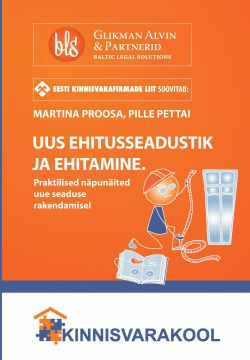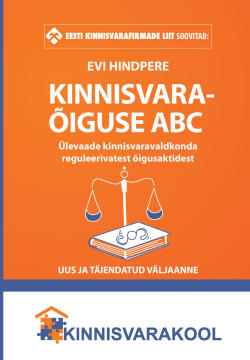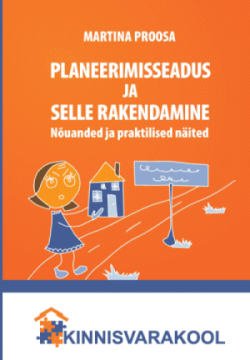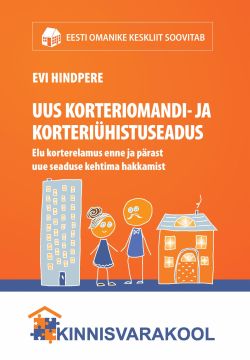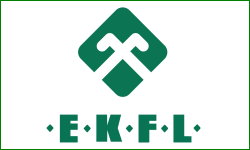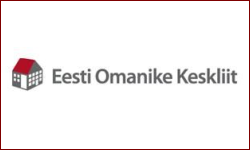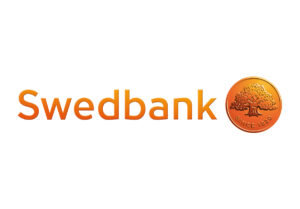 Sweden: Economic growth has weakened
Sweden: Economic growth has weakened- Baltics: Insufficient demand and falling inflation
- Risks: Even weaker demand, higher unemployment, geopolitical pressures, deglobalisation
- Sustainability: Continued improvements are needed
Swedish economy showed more resilience than expected in the first quarter, although a substantial positive contribution also came from changes in inventories. But business investments, other than housing investments, and goods exports contributed as well. Household consumption has continued to weaken. However, the labour market has remained strong, with signs of an increase of labour hoarding.
Due to too-high inflation, the Riksbank continued hiking the policy rate, by 50 basis points (bps), in April. We expect additional hikes of 25+25 bps in June and September. Rising mortgage rates and a cost-of-living shock have led to a 14% decline in housing prices since February 2022. We believe the overall price drop will accumulate to around 20% by end-2023.
Both Estonia and Lithuania are already in recession, while Latvia, after a short recession in mid-2022, has lately posted growth. Both manufacturing output and retail trade were falling at the start of this year. Real wages have already started growing in Lithuania and soon will grow in other Baltics as well – this will boost confidence and domestic consumption, but exports of goods are likely to remain weak throughout this year.
Inflation has retreated from its peaks in the Baltics and is likely to continue falling – we forecast it to drop to close to 3% by the end of 2023 (slightly higher in Estonia). Although labour costs are still growing rapidly, weak domestic demand has also limited business’s ability to transfer all costs to final consumers. Profit margins widened in most sectors last year and contributed to inflation, but now increasing number of companies report that insufficient demand constrains growth.
Risks to the economic outlook are still tilted downwards. Energy prices have declined faster than expected, but supply shocks cannot be ruled out. However, new risk has emerged – the rapid increase in interest rates is creating stress for many leveraged households and companies. The full effect of tighter monetary policy is yet to be felt, banks across the euro area are tightening credit standards, and the credit impulse is already negative. Even if large credit events are avoided, shrinking loan portfolios could further dampen demand. Unemployment has remained very low, but prolonged contraction in exports and more negative sentiment could lead to more layoffs; this, in turn, could spill over into more negative effects in real estate markets. In Sweden, high indebtedness in households poses an additional risk for consumption, employment, and growth.




